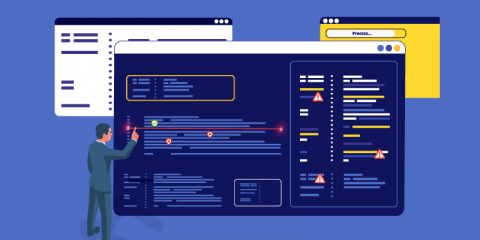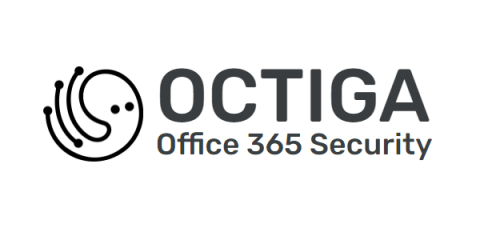Vulnerability scanning explained
This blog was written by a third party author Vulnerability scanning is the process of detecting and classifying potential points of exploitation in network devices, computer systems, and applications. This is done by inspecting the same attack areas used by both internal and external threat actors—such as firewalls, applications, and services that are deployed either internally or externally—to gain unauthorized access to an organization’s network and assets.










